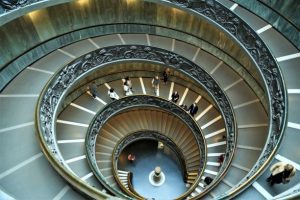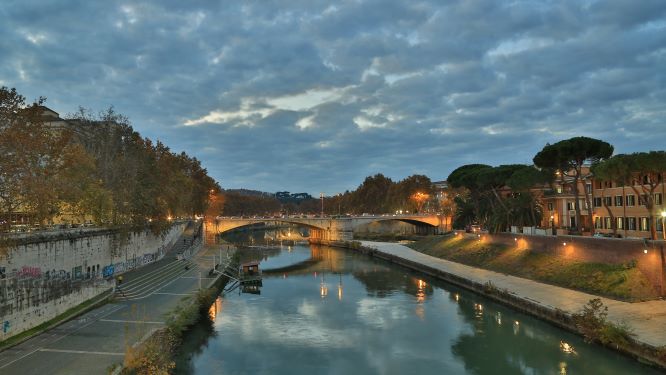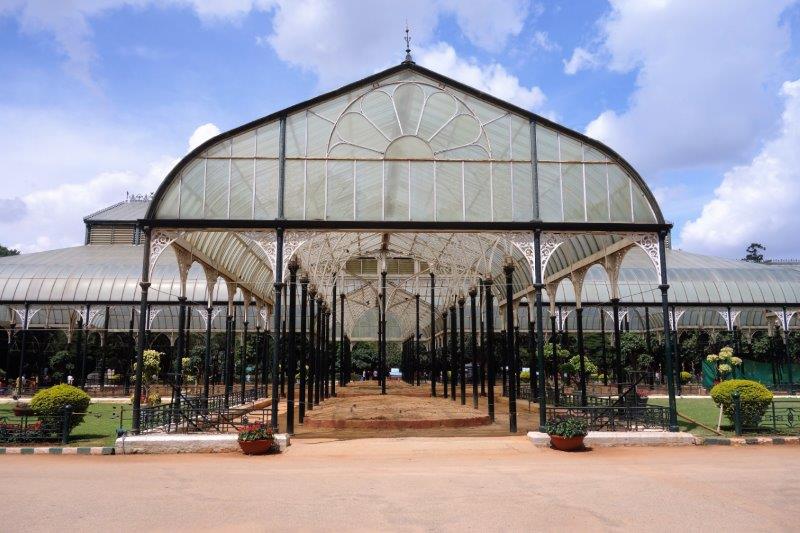The final country on our trip was Vatican City. Or, more correctly, Vatican City State. At 0.44 square km and a population of 1000, it’s the smallest country in the world, by size and population. It also has an unknown amount of wealth. Some experts say about $15 billion, but no-one knows. Certainly, as I walked through corridor after corridor, room after room filled with lavish artefacts and priceless artworks, I suspect it could be a whole lot higher. The Vatican tourist loop comprises of St Peter’s Basilica, the Vatican Museum, and the Sistine Chapel.
The opulence and wealth of The Vatican was at a stark contrast to what I know of life outside of the city’s walls. I’ve always found some of the Catholic beliefs very disconcerting and at adds with what I know is in the bible. Whether it’s the rituals they’ve built into the religion, the reasonably bloodthirsty history, or the complete discordance between what I believe Jesus would do and what they do, it’s a complex situation.
I spent most of my trip wondering how many toilets you could build in India and how many gardens you could plant in starving countries with the wealth inside. Meanwhile, their stance on gays is positively at odds with what Jesus would have done (which is love them and treat them well) and I probably shouldn’t say any more!
My title to this blog is taking some creative licence with this short poem by Dixon Lanier Merritt:
“A wonderful bird is the Pelican.
His beak can hold more than his belly can.
He can hold in his beak
Enough food for a week!
But I’ll be darned if I know how the hellican?”
Because I do wonder how many people they could feed with the treasures they store in its beak.
Anyway, enough political and religious rabble-rousing.
St Peter’s Basilica
There are two entrances to The Vatican. One takes you through the museum to the Sistine Chapel. The other one leads directly to a huge drab grey square, with St Peter’s Basilica looming over it.
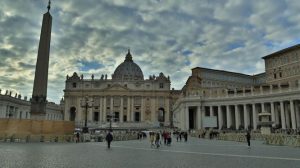
We were there on a day that the Pope had given a public service, so it was busier than normal. We queued. There are tricks to avoid queues and we also gave up but persisted. This Basilica is famous, not only due to the extravagance, but also as St Peter’s body is located here. He had a rough time, the poor guy, and was killed by crucifixion. He did have one caveat, which his killers obliged- he wanted to be crucified upside-down, as he considered himself to be not worthy to be killed in the same way as Jesus was.

The Swiss guards of The Vatican are famous for their uniforms. There is a long history associated with these outfits, which are very theatrical.
The interior of St Peter’s Basilica is as you would expect. Glorious. Huge vaulted arches, gold leaf over everything that is nailed down, and it is quite beautiful. We wandered for a while in here- maybe somewhat to justify the time spent in the queue. After all the other cathedrals and churches we’d seen throughout Europe, I suspect we had been spoiled. Michaelangelo had a hand in St Peter’s, with the dome being rebuilt from 1547 thanks to him. The Church is filled with tombs and art. Possibly the most notable is the Pietà by Michelangelo, which depicts Mary cradling Jesus’ dead body in her arms.

The Vatican Museum
With over 70,000 works (of which only 20,000 are on display), the museum is huge. It just goes on and on, corridors lined with priceless statues, whole wings of antiquities, if you were keen then you could spend days in here. Weeks. As I said, the display of wealth is unbelievable. I like art but I’m not someone who knows a lot so I’m certain a lot was wasted on me. I admired the skill of the sculptors, the quality of the art…
But it just kept going on, and on.

This is the map room. I liked this room, the ceiling was amazing, the maps were interesting, and there was this sculpture. I could lie and say the artist was a miserable talentless hack, but I understand it’s portraying an actor with a mask. Still, it’s horrifying.

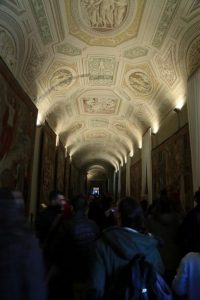


This is the ’round room’, modelled on the Pantheon. That bronze statue is of Hercules, and the statue used to be in the ancienTheatrere of Pompey. But it’s the huge purple bird-bath that caught my attention. It has been carved from a single block of porphyry stone, of which there is no more left to be mined, making it super valuable. Anyway, they don’t quite know what this was used for, but the room was built around it, so I suspect it will forever remain here, being polished every day, for eternity.
Sistine Chapel
Once you’ve power walked through the museum, about an hour later, you’ll reach this guy. This is one artwork I DO know. Rodin’s ‘Thinker’. Anyway, he’s just plonked in some random room before the Chapel so most people just walk past.
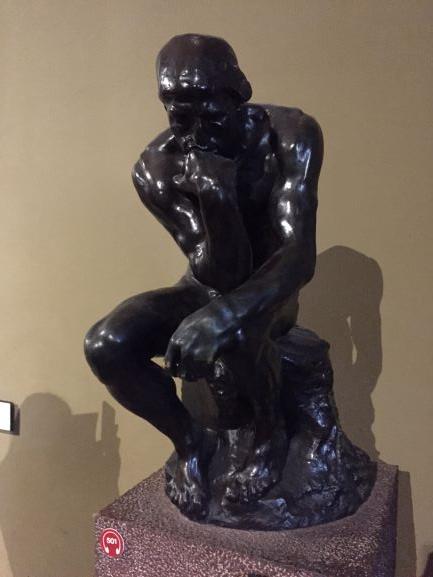
You can’t take photos in the Sistine Chapel, but I’m sure most of you know what it looks like, kinda. The ceiling is all happy joyful frolicking… and did you know he painted this all while standing? At no point did he lie on his back- imagine the neck pain!
The wall over the altar depicts the day of judgement and it’s pretty grim. No-one is having a good day. There’s even a self-portrait of Michaelangelo himself.
As you leave, you have a few more hoops to jump through, and then you leave the museum too- but not before using these stairs. A guy called Giuseppe Momo designed these in 1932. Pretty cool!
